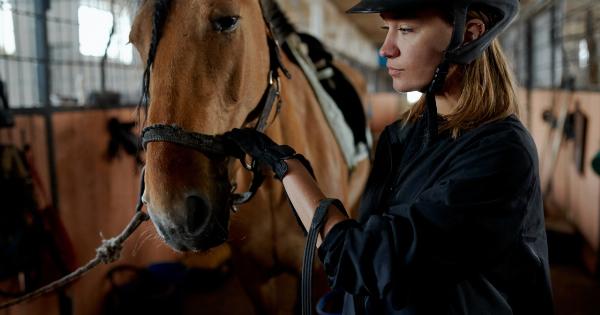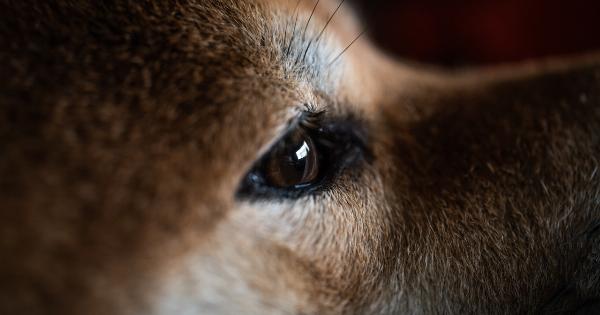Animals are an important part of our world, providing companionship, food, and even assistance in various industries.
Unfortunately, there are individuals who engage in cruel and abusive practices towards animals, causing them immense pain and suffering. The responsibility of protecting animals from abuse falls upon law enforcement agencies, who play a vital role in ensuring that perpetrators are held accountable for their actions.
This article delves into the role of law enforcement in safeguarding the welfare of animals, highlighting the various laws and regulations in place to protect them from abuse.
The Importance of Protecting Animals
Animals, both domestic and wild, deserve to be treated with dignity and respect. They experience pain, fear, and suffering just like humans do, and it is our moral obligation to prevent and address instances of animal abuse.
Moreover, animal cruelty is often linked to other forms of violence, including domestic violence and child abuse. Studies have shown that individuals who commit acts of cruelty towards animals are more likely to engage in violent behavior towards humans as well.
Animal Welfare Laws and Regulations
To combat animal abuse and protect the welfare of animals, governments around the world have implemented a range of laws and regulations.
These laws vary across jurisdictions, but their goal is to prevent cruelty, ensure proper care, and punish those who violate animal welfare standards.
The Role of Law Enforcement
Law enforcement agencies have a critical role to play in enforcing animal welfare laws and protecting animals from abuse. Here are some key aspects of their role:.
Investigation and Enforcement
Law enforcement officers are responsible for investigating complaints of animal abuse, gathering evidence, and building cases against perpetrators. They have the power to search premises, seize animals, and make arrests when necessary.
By diligently carrying out these responsibilities, they send a strong message that animal cruelty will not be tolerated.
Collaboration with Animal Welfare Organizations
Law enforcement agencies often collaborate with animal welfare organizations to ensure a comprehensive response to animal abuse cases.
These organizations provide expertise in animal care and rehabilitation and can assist in the process of rescuing and rehoming animals affected by abuse. By working together, law enforcement and animal welfare organizations can maximize their impact and provide support for both animals and their human caretakers.
Educating the Public
Law enforcement agencies have a unique opportunity to raise awareness about animal abuse and promote responsible pet ownership.
Through community outreach programs, they can educate the public about the importance of treating animals with compassion and train individuals on how to identify and report instances of animal abuse. By fostering a culture of respect towards animals, they contribute to the prevention of cruelty in the long term.
Prosecution and Legal Advocacy
Law enforcement agencies work closely with prosecutors to ensure that individuals who commit acts of animal abuse are held accountable in a court of law.
They provide their expertise and detailed investigation reports, aiding in the successful prosecution of offenders. In addition to prosecuting cases, law enforcement agencies can also advocate for stricter legislation and lobby for the protection of animal rights.
Challenges and Solutions
While law enforcement plays a critical role in protecting animals from abuse, they face numerous challenges that can hinder their efforts.
Limited resources, lack of specialized training, and the need to prioritize other criminal activities often pose obstacles. However, there are potential solutions to these challenges:.
Increased Funding and Resources
By allocating more funds and resources to animal welfare units within law enforcement agencies, governments can ensure that officers have adequate training and equipment to effectively respond to incidents of animal abuse.
This can include specialized vehicles for animal transport, forensic laboratories for evidence analysis, and collaboration with veterinary experts.
Collaboration with Legal Experts
Law enforcement agencies can collaborate with legal experts who specialize in animal law and animal welfare.
These experts can provide guidance and training to officers, ensuring that they are up to date with the latest legal frameworks and techniques in investigating animal abuse cases. This collaboration can help strengthen prosecutions and improve overall outcomes for animals.
Public Support and Reporting
Law enforcement agencies can actively encourage the public to report suspected cases of animal abuse.
By raising awareness through campaigns, social media engagement, and community events, they can foster a sense of responsibility within society and increase the likelihood of capturing offenders. Public support is crucial in maintaining the momentum and effectiveness of the fight against animal abuse.
Conclusion
The role of law enforcement agencies in protecting animals from abuse is integral to the overall welfare of animals.
By investigating cases, collaborating with animal welfare organizations, educating the public, and prosecuting offenders, law enforcement agencies can work towards creating a society where animals are treated with compassion and care. It is through these collective efforts that we can build a future where animal abuse becomes an abhorrent relic of the past.





























